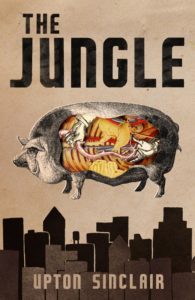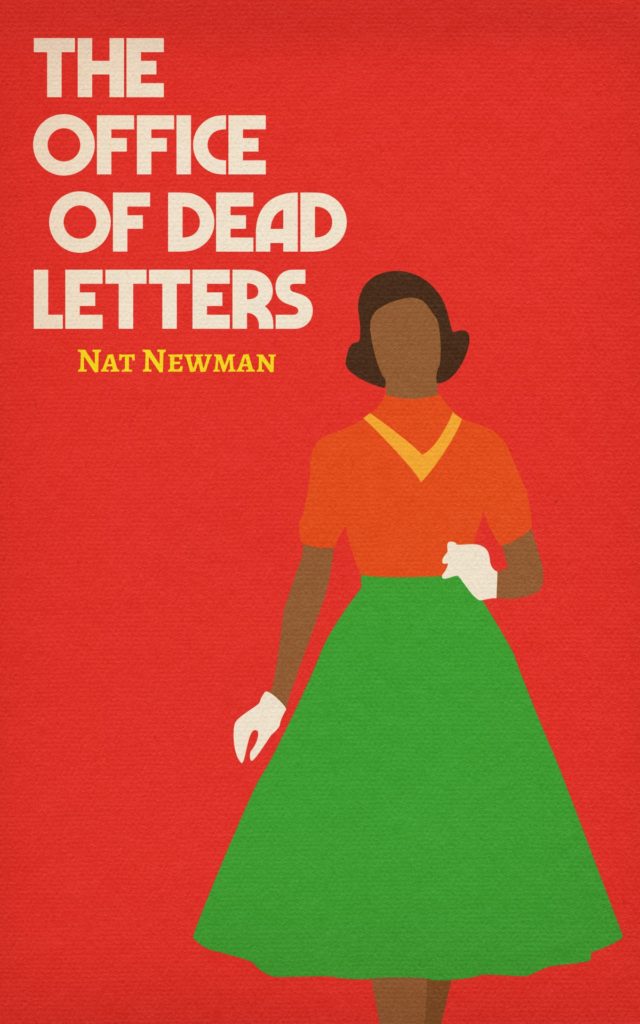 The Jungle by Upton Sinclair is an unrelentingly awful tramp through the worst parts of early American capitalism. Normally I would hate something this despairing, but actually I found myself drawn in and – unusually for me – unable to look away.
The Jungle by Upton Sinclair is an unrelentingly awful tramp through the worst parts of early American capitalism. Normally I would hate something this despairing, but actually I found myself drawn in and – unusually for me – unable to look away.
Upton Sinclair’s expose of the Chicago meat packing district is one of those books that every American school kid has been forced to read, and noone outside of the US has ever heard of. Maybe that’s an exaggeration, but you know what I mean – it’s one of those books that’s a quirk of a curriculum.
I added it to my ‘Currently Reading’ pile based entirely on the first chapter – a wonderfully chaotic and ecstatic wedding feast replete with tender blushing bride and gruff groom. This pleasant opening scene – singing, dancing and excitement – was the last pleasant scene of the entire novel.
Young Jurgis, a Lithuanian immigrant, and his family of fellow Lithuanian country bumpkins, emigrate to America hoping for a better life. They don’t find it. Although they work hard, the system is fundamentally corrupt and flawed, and slowly absolutely everything is taken away from them.
It’s not a pleasant book, and I’m surprised I stuck with it. Written by a journalist for a socialist paper in 1905, its goal was to expose the horrendous wage slavery at the heart of American capitalism. I think I kept going because I thought that somewhere, eventually, things would work out for Jurgis. And I suppose in a way they do, although not in a way you might expect.
When I was discussing the book with C, she said that it sounds like the polar opposite of Ayn Rand’s “Atlas Shrugged”. In Sinclair’s Jungle, merely working hard is not enough to succeed. The capitalist system is rife with men who lie, cheat, graft and cut corners, all in the name of making money and succeeding. Food is adulterated and of poor quality to keep the lowest classes sick, dirty and miserable. Rand’s laissez-faire capitalism does not, cannot, and will never benefit these people. They need to stick together. They need to be one another’s keepers or they won’t survive.
The last quarter of the book is just a big long ‘wow how great is socialism’ speech after all the nasty capitalist goings on. You can probably skip it and lose nothing, although it is nice that Jurgis eventually finds some sort of contentment, if not actual happiness.
When the story came out, people were apparently appalled by the terrible hygiene conditions portrayed in the meat packing industry, worried more about what they were putting into their mouths than the numbers of migrants being killed, maimed and demoralised to bring it to them. The more things change…
—
Other reviews:
– The Guardian (2006)
– Slate (2006)



